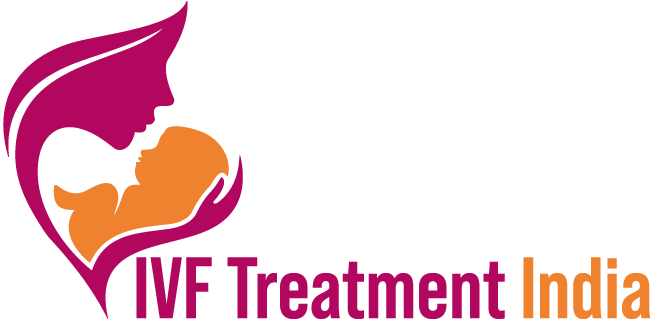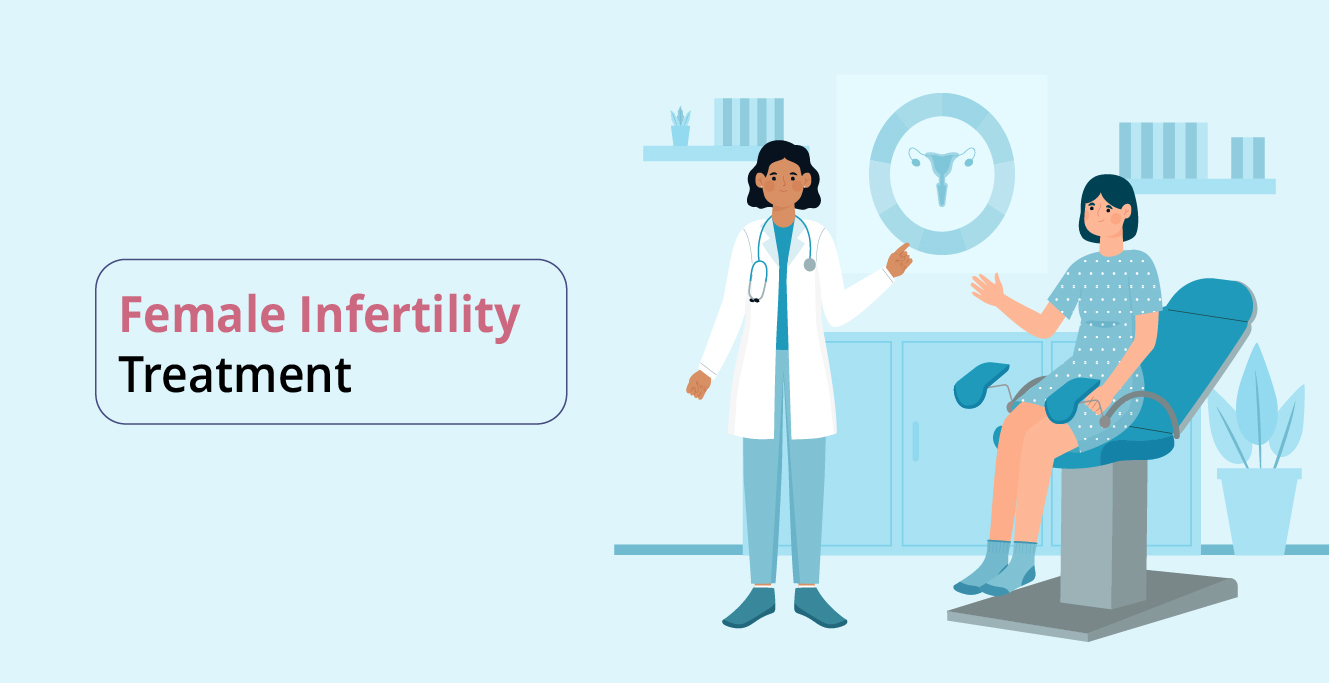Empowering Hope: A Comprehensive Guide to Female Infertility Treatment
Introduction:
Female Infertility Treatment is a challenging journey that many couples face, and for women, the experience can be particularly emotional and complex. Female infertility can stem from various factors such as age, hormonal imbalances, structural issues, or underlying medical conditions. However, the good news is that advancements in medical science and reproductive technologies have paved the way for a multitude of effective treatments. In this comprehensive guide, we will explore various female infertility treatments, offering hope and information to those navigating this difficult path.
Read More: Egg Vitrification: Female
Understanding Female Infertility:
Female infertility is defined as the inability to conceive after a year of regular unprotected intercourse. It can be caused by a variety of factors, including:
- Ovulatory Disorders: Conditions such as polycystic ovary syndrome (PCOS) or irregular ovulation can impact a woman’s ability to conceive.
- Structural Issues: Abnormalities in the uterus, fallopian tubes, or cervix can hinder conception.
- Endometriosis: A condition where tissue similar to the lining of the uterus grows outside the uterus, affecting fertility.
- Age-related Factors: As women age, fertility decreases due to a decline in the quantity and quality of eggs.
- Hormonal Imbalances: Irregularities in hormone levels, such as those related to thyroid function or prolactin, can affect fertility.
Female Infertility Treatment Options:
- Ovulation Induction: Medications like Clomiphene citrate or gonadotropins stimulate ovulation, increasing the chances of conception.
- Intrauterine Insemination (IUI): Sperm is directly placed in the uterus during the woman’s fertile window, enhancing the chances of fertilization.
- In Vitro Fertilization (IVF): This widely known procedure involves fertilizing an egg with sperm outside the body and implanting the embryo into the uterus.
- Surgery: Surgical interventions can address structural issues like blocked fallopian tubes, endometriosis, or uterine abnormalities.
- Egg Freezing: Preserving eggs for future use can be an option for women who want to delay childbearing due to career or health reasons.
- Lifestyle Changes: Adopting a healthy lifestyle by maintaining a balanced diet, regular exercise, and stress reduction can positively impact fertility.
Supportive Therapies:
- Counseling and Support Groups: Dealing with infertility can be emotionally taxing. Seeking support from professionals or joining support groups can provide emotional and mental strength.
- Acupuncture: Some studies suggest that acupuncture may enhance fertility by reducing stress and improving blood flow to reproductive organs.
- Nutritional Guidance: A balanced diet rich in nutrients like folic acid, iron, and antioxidants can support reproductive health.
Conclusion:
Female infertility treatment is a dynamic field with evolving technologies and approaches. Every individual’s journey is unique, and finding the right solution often involves a combination of medical, emotional, and lifestyle considerations. Seeking guidance from fertility specialists, maintaining open communication with your partner, and embracing a holistic approach to well-being can contribute to a positive fertility experience. Remember, you are not alone in this journey, and with advancements in science and unwavering support, the path to parenthood can become a reality.

